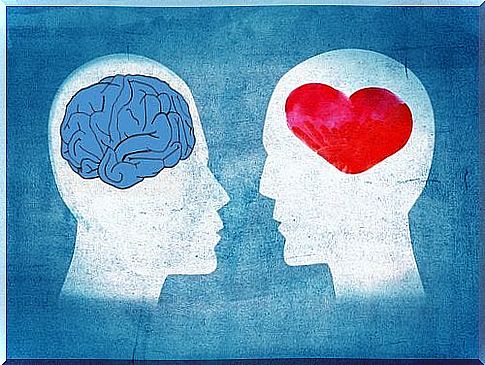Conflict Management Resources

People tend to use different strategies to deal with problems. These confrontational strategies are known as coping resources. They may be conscious or involuntary. They help us meet the demands and conflicts that are present in our lives.
Because of our experiences and what we have learned, each of us has a different ability to cope with different challenges or situations. We also have different strategies that we use to succeed in overcoming obstacles that these challenges pose.
These resources are important because the richer and more varied they are, the better we are able to meet difficulties and obstacles in our path.
Lazarus’ explanation
When a set of environmental or situational requirements emerges (for example, a busy work period that lasts for weeks), the person must react in a way that allows them to adapt to the situation. In other words, the person must adapt to these requirements by using some coping resources.

So, for example, when we are faced with a situation that causes stress or anxiety, we put our coping mechanisms in play to resist. This is why Lazarus believes that stress is a broad process of adapting to the environment. We could not live without these adaptations.
Positive or negative use of coping resources
When we are faced with an unexpected situation, there are two possible outcomes. The first is that we use coping mechanisms that allow us to get through the situation. In that case , we adapt to our conditions, and we are therefore able to make normal use of our resources. However, there is another scenario that may unfold. In this scenario , the environment demands more than we can handle.
In this second circumstance, the individual sees that there is an imbalance between what is required to solve the problem and the skills, abilities or talents that they have to face it. Therefore, this large demand can create two different types of reactions in a person.
On the one hand, there is a physiological reaction. This reaction includes increased heart rate, sweating, increased blood pressure or expansion of the heart rate. On the other hand, an emotional reaction can occur. Symptoms of an emotional reaction include negative valence, along with stress, anxiety, anger and depression.
Double valuation and mastery resources
Imagine that your partner tells you that they have to travel abroad for work-related reasons. First, according to Lazarus, the person would make a primary assessment of the situation. That is, they would analyze whether this event was positive or negative. They would also try to see what the consequences of the incident could be and how it would affect them.
Later they would make a new assessment. In this assessment, instead of focusing on the event itself, they would focus on the person. At this point, they would think about the skills or tools they need to face this new situation or the new reality. That is, they would try to gather all their mastery resources and make use of them. Depending on this last assessment, the person will (or will not) begin to generate a stress response.

Coping strategies
Traditionally, there is a large selection of these strategies that all take into account different aspects. However, everyone pays attention to the way we view the event and the emotions it triggers. Therefore, on the basis of these characteristics, professionals usually divide mastery resources into two groups:
Strategies focused on the problem
This type of resource is meant to help the person face the situation. They are meant to make sense and allow the person to understand the issues at hand. These strategies are based on the search for solutions to restore the cognitive imbalance that has been caused, and on solving or changing the problem. They refer to confrontation and the search for social support and solutions.
Normally we use them when we see the stressful event as controllable. For example, say we have to perform many tasks in one day. This creates unrest and stress in our lives. How do we adapt to this situation? If we use this type of strategy where we see ourselves as skilled, we can complete all the tasks.
Strategies focused on emotions
Unlike previous coping strategies, we usually use these when the situation is so stressful that we perceive it as beyond our control. Therefore, what we are looking for is no longer focused on the problem, but on the emotions that this event triggers. Only after we have controlled our emotions can we finally relax. These strategies are meant to restore our emotional balance.

These strategies include self-control, distancing, positive re-evaluation, self-incrimination and escape / avoidance. When it comes to this last type of behavior, coping resources are based on seeking to temporarily get away from the problem. Using this resource, the person will try to escape their problems by doing a different type of activity. They want to get as far away as possible from the source of stress. But as soon as the activity is over, they have to face that situation again.
You do not have to follow these mastery resources after the book. They are flexible, just like us. With the right advice and psychological support, we can use them to deal with our stress successfully.









